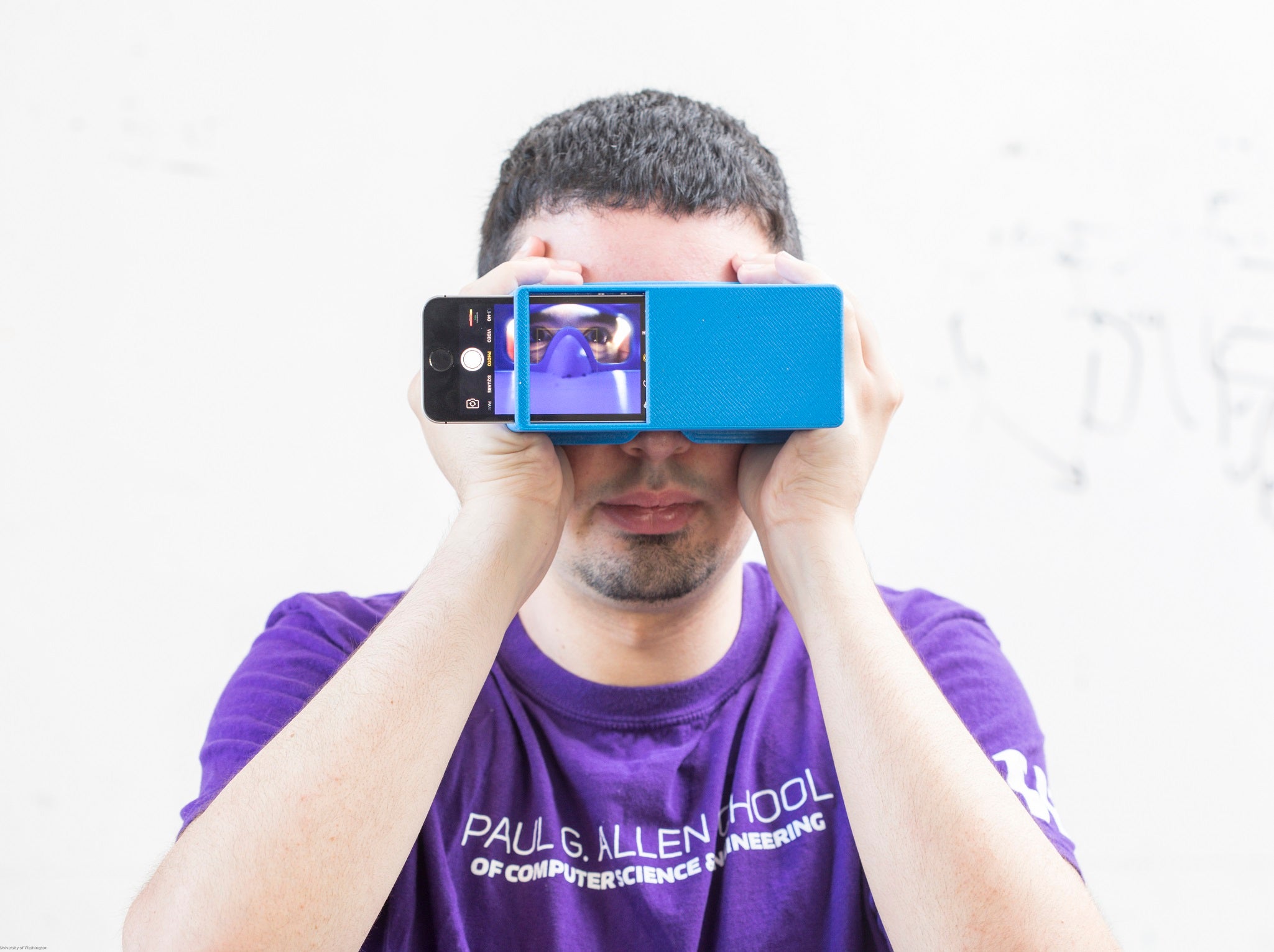Scientists develop app that could diagnose pancreatic cancer with selfie
'BiliScreen' monitors for early signs of jaundice - a tell-tale symptom of the difficult to diagnose disease

Your support helps us to tell the story
From reproductive rights to climate change to Big Tech, The Independent is on the ground when the story is developing. Whether it's investigating the financials of Elon Musk's pro-Trump PAC or producing our latest documentary, 'The A Word', which shines a light on the American women fighting for reproductive rights, we know how important it is to parse out the facts from the messaging.
At such a critical moment in US history, we need reporters on the ground. Your donation allows us to keep sending journalists to speak to both sides of the story.
The Independent is trusted by Americans across the entire political spectrum. And unlike many other quality news outlets, we choose not to lock Americans out of our reporting and analysis with paywalls. We believe quality journalism should be available to everyone, paid for by those who can afford it.
Your support makes all the difference.Scientists have designed a revolutionary new cancer screening tool that they believe can diagnose pancreatic cancer by analysing a user's selfie.
The "BiliScreen" monitors for early signs of jaundice - a tell-tale symptom of the difficult to diagnose cancer - which has a five-year survival rate of just nine per cent.
Researchers at the Universtity of Washington developed the app, which works by scanning the whites of the eyes for yellowing - a sign that bilirubin is building up in the blood.
Bilirubin is a waste product created from the break down of haemoglobin, a substance in red blood cells that carries oxygen around the body. It is normally cleared by the liver. However, disease or other problems can stop this from happening.
"The eyes are a really interesting gateway into the body — tears can tell you how much glucose you have, sclera (whites) can tell you how much bilirubin is in your blood," said senior author Shwetak Patel, a professor at the Washington Research Foundation. "Our question was: Could we capture some of these changes that might lead to earlier detection with a selfie?"
A trial of the app showed the technology was able to correctly diagnose 90 per cent of "cases for concern" in 70 participants.
To use the app, a user puts on paper glasses printed with colourful squares or a 3D-printed box to help the app calibrate colours.
The user then snaps a selfie of their eyes using their smartphone camera, after which the app translates how white the eyes are into an estimate of bilirubin levels.
Doctors believe the new scanning tool could revolutionise cancer screening, as users will be able to regularly test themselves from the privacy of their own home.
“This relatively small initial study shows the technology has promise,” said co-author Dr Jim Taylor, a professor in the UW Medicine Department of Pediatrics, whose father died of pancreatic cancer at age 70.
“Pancreatic cancer is a terrible disease with no effective screening right now. Our goal is to have more people who are unfortunate enough to get pancreatic cancer to be fortunate enough to catch it in time to have surgery that gives them a better chance of survival.”
The app is described in an academic paper which will be presented on 13 September at Ubicomp, an annual ubiquitous computing conference.
Subscribe to Independent Premium to bookmark this article
Want to bookmark your favourite articles and stories to read or reference later? Start your Independent Premium subscription today.
Join our commenting forum
Join thought-provoking conversations, follow other Independent readers and see their replies
Comments